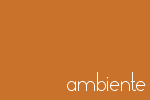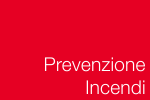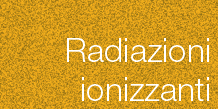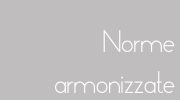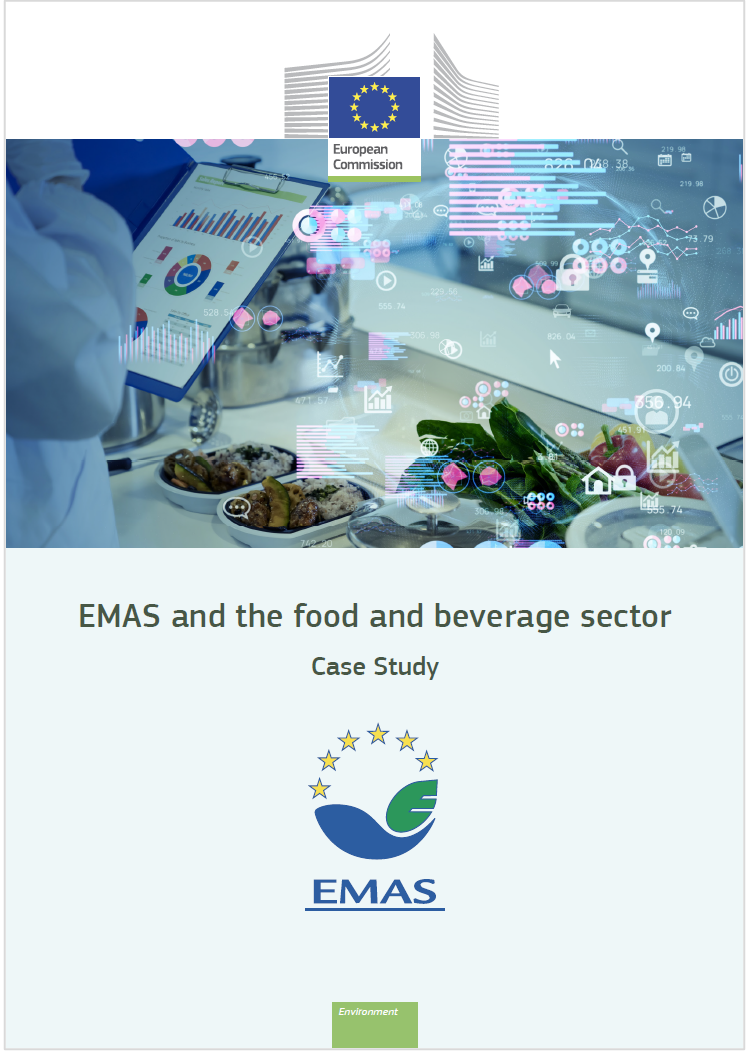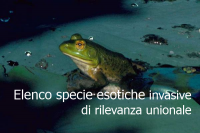EMAS and the food and beverage sector - Case study
| ID 20503 | | Visite: 1349 | Documenti Ambiente UE | Permalink: https://www.certifico.com/id/20503 |
EMAS - Case study "EMAS and the food and beverage sector" (SSCS) / Caso studio illycaffè
ID 20503 | 03.10.2023
illycaffè, a coffee company active on five continents, was founded in Trieste in 1933 by Francesco Illy. It is currently run by the third generation of the family.
The organisation has always aimed to position itself as a sustainable company from social, ethical, economic and environmental points of view. This, together with the need to accurately manage the environmental aspects related to its processes and products, led the company to implement an environmental management system. Immediately after obtaining ISO 14001 certification in 2003, illycaffè decided to go further and aim for EMAS as a reference for environmental excellence.
They achieved EMAS registration in the following year.
EMAS has proved to be an excellent tool for continuous improvement: since registration, the company has never stopped innovating and finding new ways to optimise resources. According to Mr. Bruno Makollè Mbella, the Environmental Manager, “in the years 2003 - 2004 the company was able to recover about 20% of the waste generated; to date, this percentage is around 99% and was achieved thanks to continuous work and sustained effort over time. Undergoing external audits every year ensures that the level of attention is maintained and that all areas of the company continue to work on new technologies and increasingly efficient solutions.”
illycaffè’s main raw material is green coffee beans; the company purchases hundreds of thousands of bags of Arabica coffee from producers in Latin America, Africa and South-East Asia. The organisation acknowledges that the production of this raw material accounts for a considerable portion of its environmental impact and monitors every phase of the procurement process, from the plantations, to shipping, to the roasting plant.
As a result, illycaffè has changed the way coffee is transported, and continuously promotes economically and environmentally sustainable agronomic practices for coffee growers. The company performs more than 300 audits a year at growing sites. These practices have allowed the company to obtain the Responsible Supply Chain Process certification, which serves as a further guarantee for the consumer.
In the past, coffee was shipped in jute bags; after performing a life-cycle analysis (LCA), illycaffè started to progressively replace jute with polypropylene bags and big bags. This has allowed for logistic improvements, since a big bag has a capacity of 1000 kg compared to only 60 to 70 kg for jute. In addition, the big bags are being reused.
The company uses the LCA as a tool to support all its decisions related to product and process innovation; the robust environmental data provided by the management system play a key role in this process.
In 2013, illycaffè started to source electricity from guaranteed renewable sources (hydroelectric and wind) and make the roasting process sustainable. The company’s roaster heat recovery system, active since 2012, provides heat for the entire production area and offices (cooling in the summer is obtained via “absorption” machines). Energy Manager Mr. Maurizio Snidersich notes: “Although we always try to reduce the ratio of energy per ton of coffee produced, we still have challenges, such as being able to use natural gas from renewable processes, or waste treatment processes. The gas market in Italy is not yet ready, but we, as customers, must stimulate change and if we succeed, it’ll positively impact on our energy balance, as the roasting process accounts for 89% of the total natural gas (methane)”.
To achieve greater energy efficiency, the company has installed a roaster with one of the lowest-possible energy consumptions in MITACA, its site in Milan. The coffee bean remains suspended during roasting, which distributes the heat over the entire surface of the bean, roasting it faster and consuming 30% less energy. After the testing phase, the company intends to implement this innovative system at the main production site in Trieste.
Although readings for emissions in the illycaffè site are well below the limits set by law, the company has decided to progressively revamp all roasters to further reduce total organic carbon emissions. This program started in 2016 and is expected to be completed by 2020.
In 2033, the company will celebrate its 100th anniversary, and the organisation is already working to meet the new and future environmental challenges.
...
Collegati
Decisione (UE) 2017/1508
ebook Regolamento EMAS
Vademecum EMAS | Registrazione | Uso del logo
Evoluzione del Regolamento EMAS: da EMAS I a EMAS III / Note







